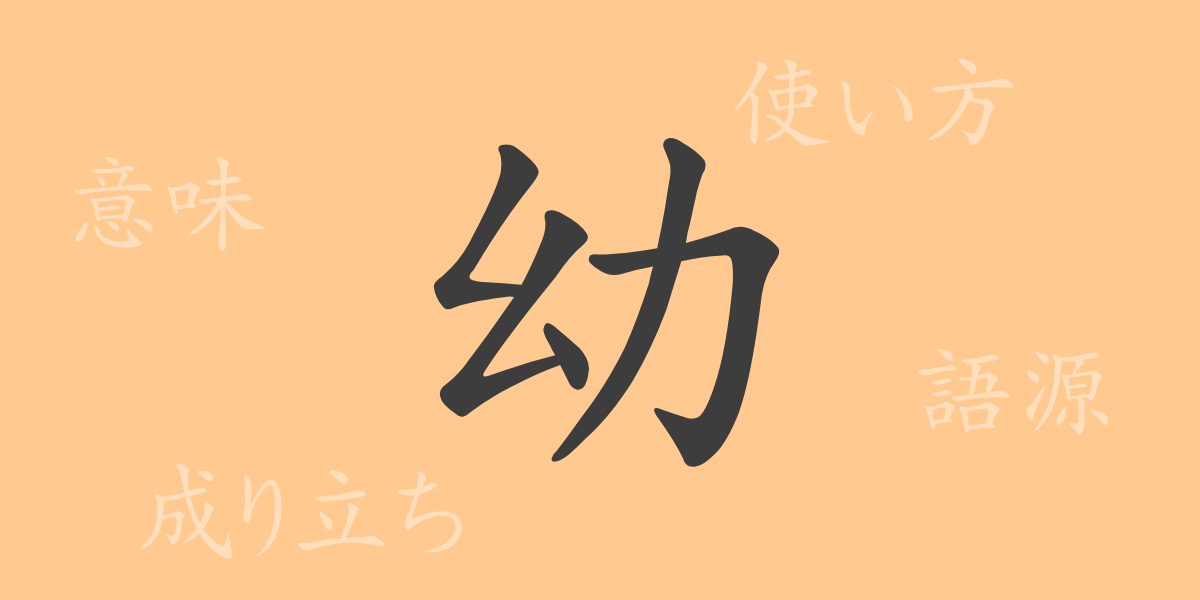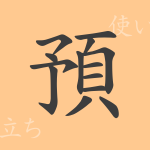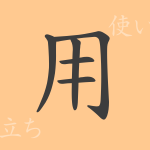In the Japanese language, there are numerous kanji characters with over a thousand years of history. These characters are not just symbols; they carry deep meanings and rich etymologies, playing crucial roles in the daily lives of the Japanese people. The kanji “幼” (よう, You) is deeply rooted in our everyday life, frequently used to describe the early stages of a child’s growth and to convey emotions and experiences. This article delves into the full scope of “幼” (よう, You), from its etymology to compound words, idioms, and proverbs.
Etymology of 幼 (よう, You)
The character “幼” (よう, You) was created in ancient China to represent a child’s growth process. As a pictograph, it depicts a child who is not yet stable on their feet. Due to its shape, it has long been used to symbolize the immaturity and innocence of young children.
Meaning and Usage of 幼 (よう, You)
The kanji “幼” (よう, You) is often used in the form “幼い” (おさない, Osanai), referring to being very young in age or being mentally or physically immature. This character is particularly prevalent in contexts involving children and is invaluable for expressing youthfulness.
Reading, Stroke Count, and Radical of 幼 (よう, You)
Let’s take a closer look at the readings and other characteristics of the kanji “幼” (よう, You).
- Reading: On’yomi (音読み) as “よう” (You), Kun’yomi (訓読み) as “おさない” (Osanai)
- Stroke count: 5 strokes
- Radical: 幺 (いとがしら, Itogashira)
Compound Words, Idioms, and Proverbs Using 幼 (よう, You)
There are numerous compound words, idioms, and proverbs in Japanese that include the kanji “幼” (よう, You). For example, “幼少の折から” (ようしょうのおりから, Youshou no Orikara) means “since childhood,” indicating that a person’s character or talent has been present since they were young. “幼気な” (おさなけな, Osanakena) refers to the innocence and purity typical of young children, and “幼心に刻む” (おさなごころにきざむ, Osanagokoro ni Kizamu) means to leave a strong impression or memory from childhood.
Summary of 幼 (よう, You)
The kanji “幼” (よう, You) is a character well-suited to express the immaturity and purity associated with children, as inferred from its shape. It frequently appears in compound words and proverbs related to childhood experiences and character formation, holding a special place in the Japanese language. Understanding this kanji is a step towards a deeper comprehension of Japanese linguistic culture.

























